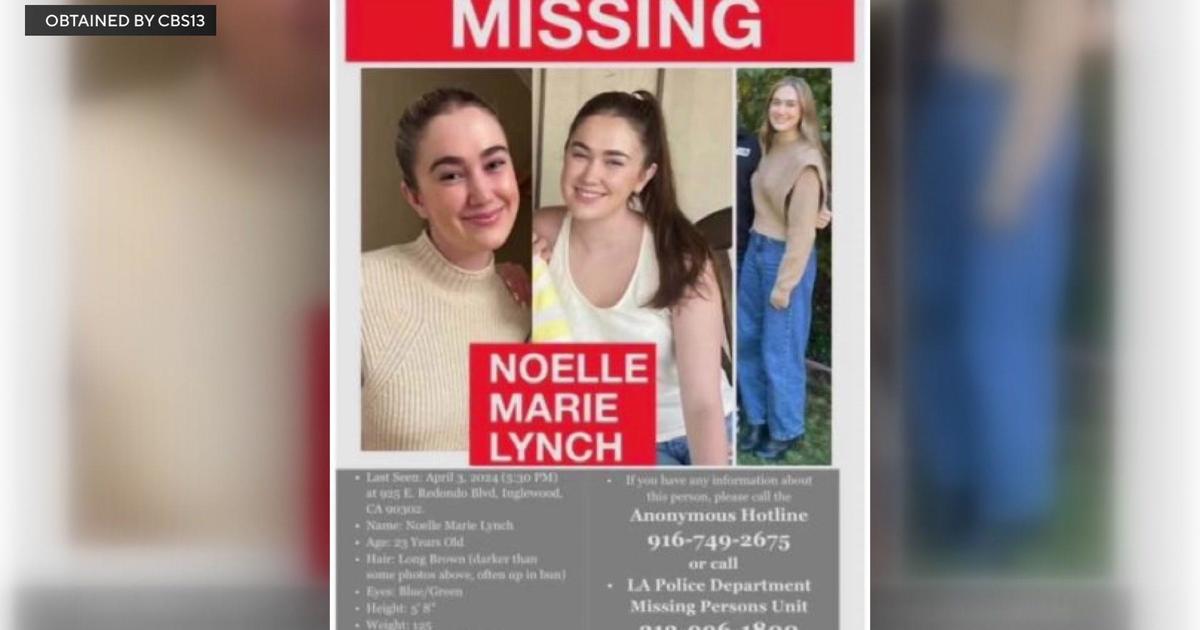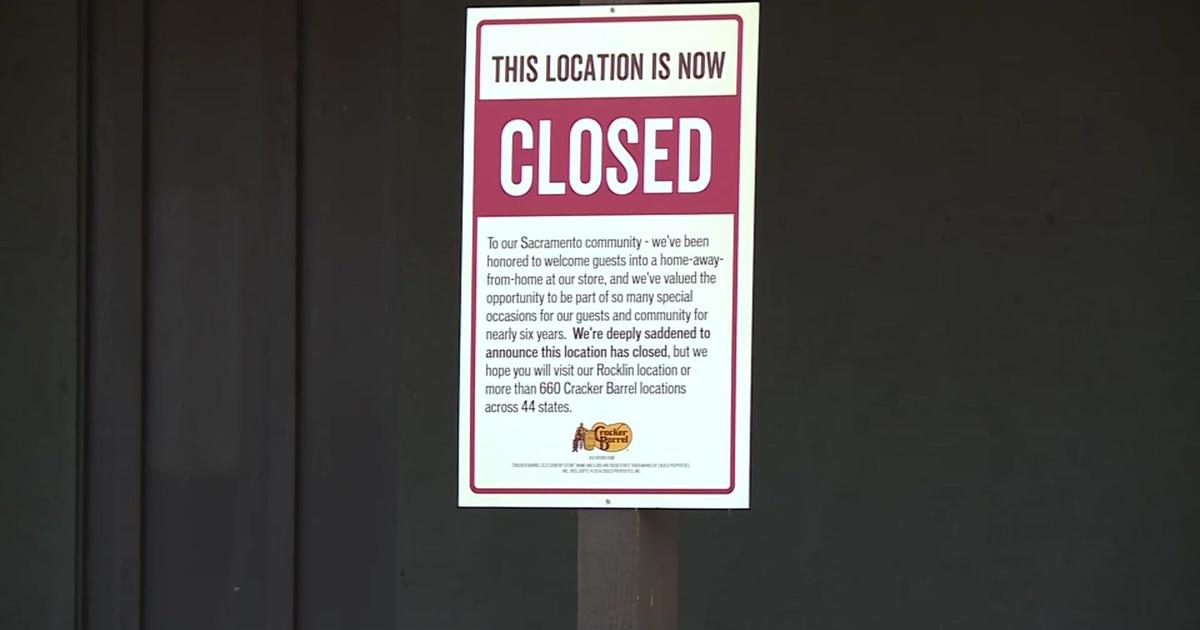Call Kurtis Investigates: Sacramento Mom Burned By Non-Existent Solar Panels
SACRAMENTO (CBS13) -- Sacramento wife and mother, Nettie Johnson says a solar company put a lien against her home for solar panels that they never installed, and it was about to ruin her chances of refinancing.
The nonexistent panels on her roof were threatening the refinancing rate, which was only guaranteed for 30-days, after that it could go up.
Johnson says she was unaware of the lien until she got a call from her lender.
She says she was flabbergasted when she got the news.
"Solar panels? We don't have solar panels," she said, "I'm thinking you've got to be kidding me."
The lender told her that during the refinancing process they uncovered the Uniform Commercial Code (UCC) lien, which was filed with the Sacramento County Recorder by Team Solar in conjunction with Sun Edison back in February of 2016.
She said she recalls the company coming to her front door in September of 2015 trying to lease her solar panels.
"I told him we absolutely were not interested in a lease program," recalled Johnson. She was only interested in purchasing the panels through financing. She never got the financing, and the solar was never installed.
Like Johnson, many other prospective solar customers often are surprised that leasing solar panels can lead to a UCC lien.
A UCC Lien shows up when a solar company files a notice with the county recorder's office against a home.
It essentially tells creditors that it's retaining the ownership of the solar generation system on the property, and stakes a claim to the panels on your roof.
Ultimately, the UCC lien could hold up a sale; refinancing, home equity loan of credit or a reverse mortgage.
In Johnson's case, she never got solar panels and scrambled to correct the improper lien before her refinancing fell through.
Then she ran into another snag; the company was no longer operating because it had filed for bankruptcy.
We turned to attorney Michael Pearson, for answers and found out that the government requires zero proof before recording this type of lien.
"It's a very simple process to put a lien on somebody's house," he said.
Pearson says, if you can't get the company to remove the UCC lien, you can file an amendment for termination through the California Secretary of State and your local county recorder's office.
Fortunately, for Johnson, we were there to help her file an amendment for termination of the lien before she lost out on the lower interest rate.
"I am so thankful that KOVR 13 had those resources," she said.
Pearson says if a homeowner loses out on a lower interest rate due to a mistake or a fraudulently filed lien, they can sue the company who filed the lien for the difference of the refinancing rate.
In Johnson's case, Team Solar/Sun Edison had filed for bankruptcy.
If she wanted to pursue compensation, she would have had to file a claim in the bankruptcy court where the company's case was filed.
There is no guarantee she would get the amount requested and could have come away with just pennies on the dollar.
During the course of our investigation, we found out that Team Solar/Sun Edison was emerging from bankruptcy. We reached out to the company for comment, but it never responded.
We checked with Sacramento County Recorder's office and found that 7,728 UCC liens were filed in 2017.
If you suspect you have a UCC lien that was filed in error here are a few steps to walk you through the process.
Under state law, section 9513 allows the debtor to file the termination after notifying the creditor that the UCC lien had not been authorized.
Step one:
You can do this online through the Secretary of State's website.
Click on UCC Connect provides online services for UCC inquiries, filings, copy and debtor search certificate requests and more.
Click on "Non-Subscriber"
Fill out the form and hit continue the cost is $5
*If you do not know the UCC the file number, you can locate the number by doing a "Wild Card" search by entering the individual's information (property owner) and select "wild card" search. If there is a lien for the property owner the search will provide the file number.
Step two:
This step is the most time-consuming; you're going to have to go down to your local county recorder's office and request an amendment for termination. They should be able to walk you through the process.
The amendment fees will vary from county to county. However, an additional state fee of $75 will be added due to the passage of Senate Bill 2 (SB 2), Affordable Housing and Jobs Act Fee, unless specific exemptions apply.



